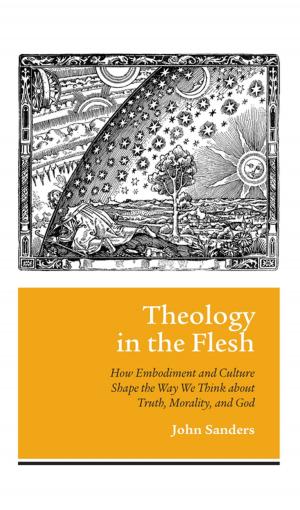To the Christian Nobility of the German Nation, 1520
The Annotated Luther
Nonfiction, Religion & Spirituality, Theology, Christianity, Church| Author: | Martin Luther | ISBN: | 9781506413501 |
| Publisher: | Fortress Press | Publication: | June 1, 2016 |
| Imprint: | Fortress Press | Language: | English |
| Author: | Martin Luther |
| ISBN: | 9781506413501 |
| Publisher: | Fortress Press |
| Publication: | June 1, 2016 |
| Imprint: | Fortress Press |
| Language: | English |
With great clarity and insight, James M. Estes illuminates Luther’s call to secular authorities to help with the reform of the church in this important 1520 treatise. Starting with the Ninety-Five Theses in 1517, Luther’s appeals for reform had been addressed to the ecclesiastical hierarchy, whose divinely imposed responsibility for such things he took for granted. By the early months of 1520, however, Luther had come to the conclusion that nothing could be expected from Rome but intransigent opposition to reform of any sort. It was only at this point that he began to write of the need for secular rulers to intervene with measures that would clear the way for ecclesiastical reform. Concerned that Christendom was going to ruin, Luther argued that with such an emergency looming, anyone who was able to do so should help in whatever way possible.
This volume is excerpted from The Annotated Luther series, Volume 1. Each volume in the series contains new introductions, annotations, illustrations, and notes to help shed light on Luther’s context and to interpret his writings for today.
With great clarity and insight, James M. Estes illuminates Luther’s call to secular authorities to help with the reform of the church in this important 1520 treatise. Starting with the Ninety-Five Theses in 1517, Luther’s appeals for reform had been addressed to the ecclesiastical hierarchy, whose divinely imposed responsibility for such things he took for granted. By the early months of 1520, however, Luther had come to the conclusion that nothing could be expected from Rome but intransigent opposition to reform of any sort. It was only at this point that he began to write of the need for secular rulers to intervene with measures that would clear the way for ecclesiastical reform. Concerned that Christendom was going to ruin, Luther argued that with such an emergency looming, anyone who was able to do so should help in whatever way possible.
This volume is excerpted from The Annotated Luther series, Volume 1. Each volume in the series contains new introductions, annotations, illustrations, and notes to help shed light on Luther’s context and to interpret his writings for today.















